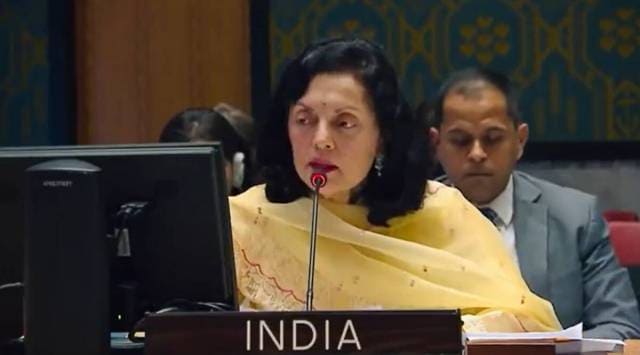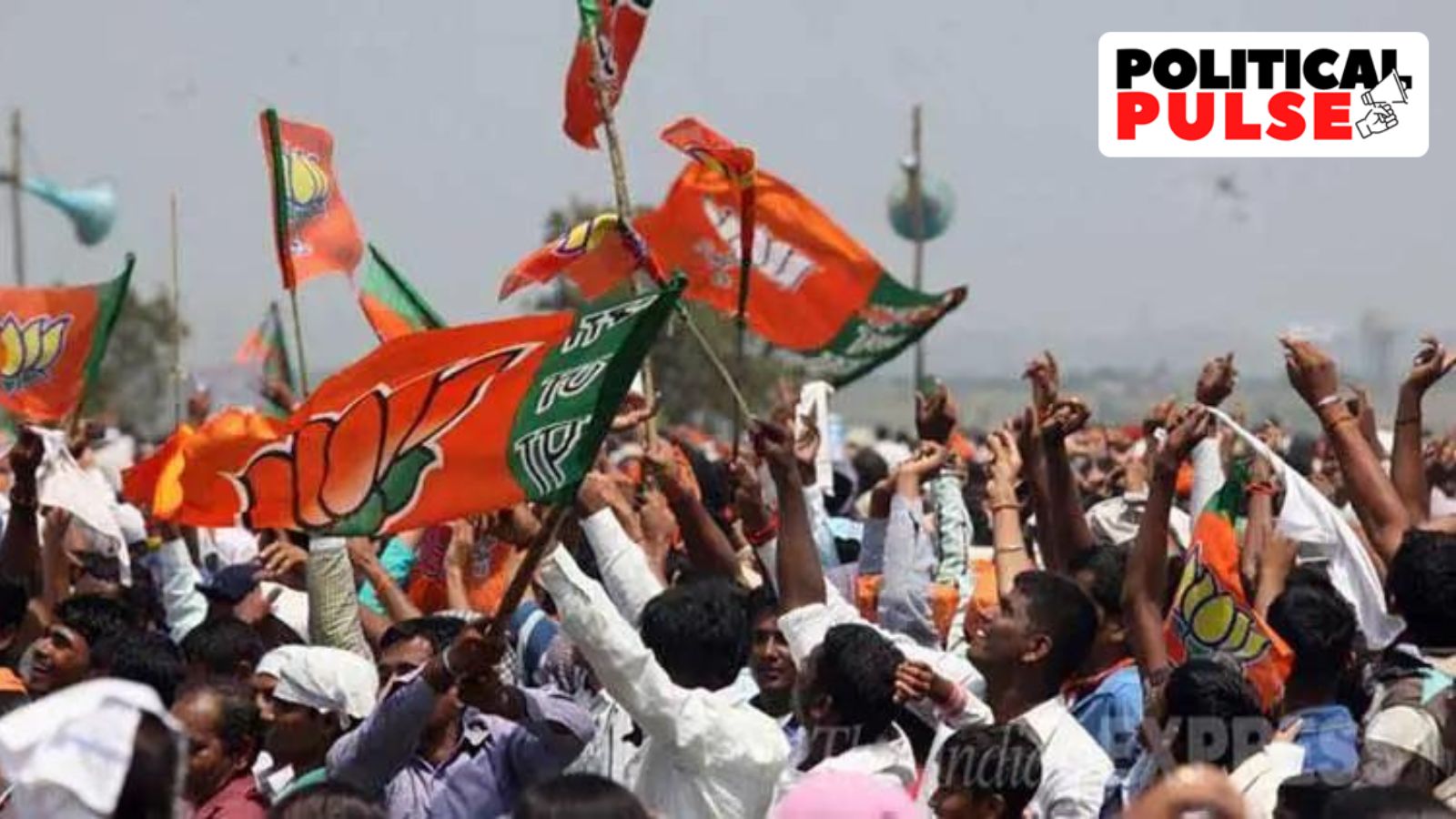A concept note circulated by India in the UN Security Council has stated that the practice of classifying terrorists as “bad” or “good” for political convenience must be stopped immediately. It emphasized that labeling terrorist acts as religious or ideologically motivated will weaken the global commitment to combatting terrorism.
As the current president of the 15-nation UN Security Council, India will host two key events on reformed multilateralism and counter-terrorism on December 14 and 15. Additionally, India plans to conduct a briefing on ‘Global counter-terrorism approach – principles and the way forward’ on December 15 under the theme of ‘Threats to international peace and security caused by terrorist acts’.
In preparation for the meeting, India’s Permanent Representative to the United Nations, Ambassador Ruchira Kamboj, requested the circulation of a concept note as a guiding document for the discussions. The note highlighted significant terrorist attacks around the world and stressed the universal threat posed by terrorism.
It emphasized that terrorism is a transnational threat that requires the collective efforts of all UN Member States to combat. The note also stated that terrorism should not be associated with any religion, nationality, civilization, or ethnic group, and all forms of terrorism must be condemned without exception.
The concept note expressed concern over the resurgence of terrorist activities in terms of range, diversity, and geographical spread. It specifically mentioned the increased threat posed by groups like the Islamic State in Iraq and the Levant-Khorasan, Al-Qaida, and Al-Qaida in the Indian Subcontinent.
Furthermore, the note highlighted the use of new technologies by terrorist groups, such as digitalization, social media, and cryptocurrencies, which have increased the risk of radicalization and terror financing. It also mentioned the use of unmanned aerial systems by terrorists for surveillance and attacks on critical infrastructure.
The upcoming high-level briefing aims to build on previous discussions on counter-terrorism and gather Council members’ views on combating terrorism collectively. Key questions include identifying global trends in the fight against terrorism and ensuring the effectiveness of sanctions regimes against terrorists and terror entities.


